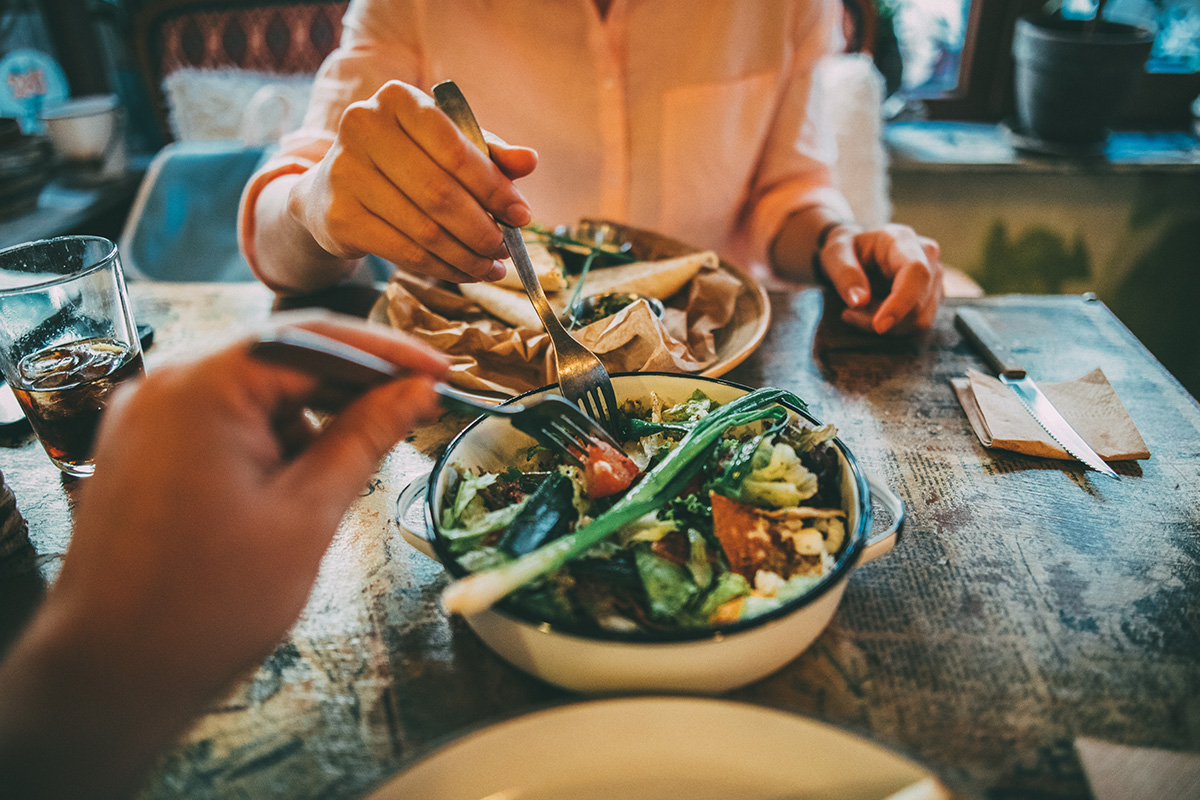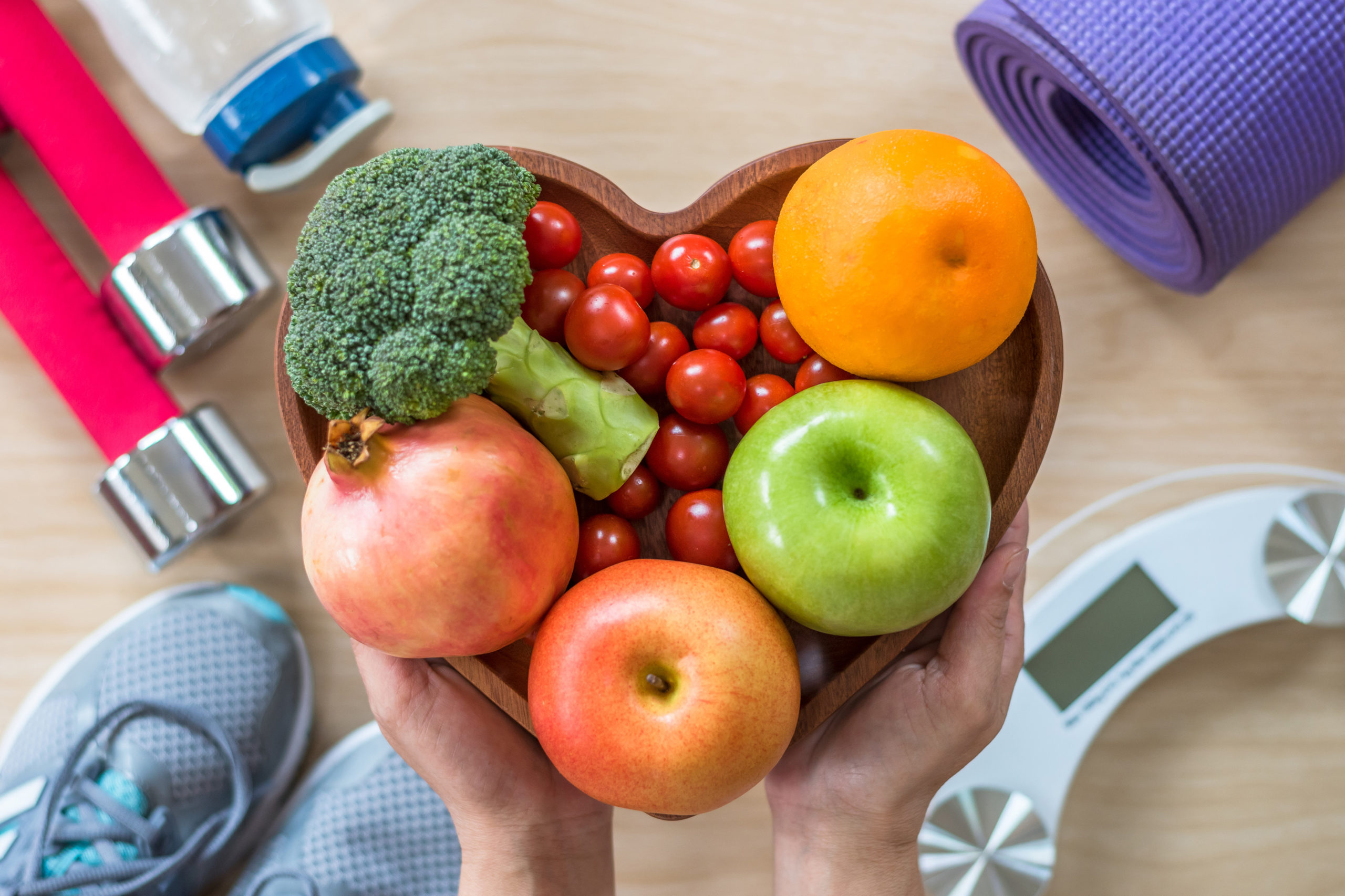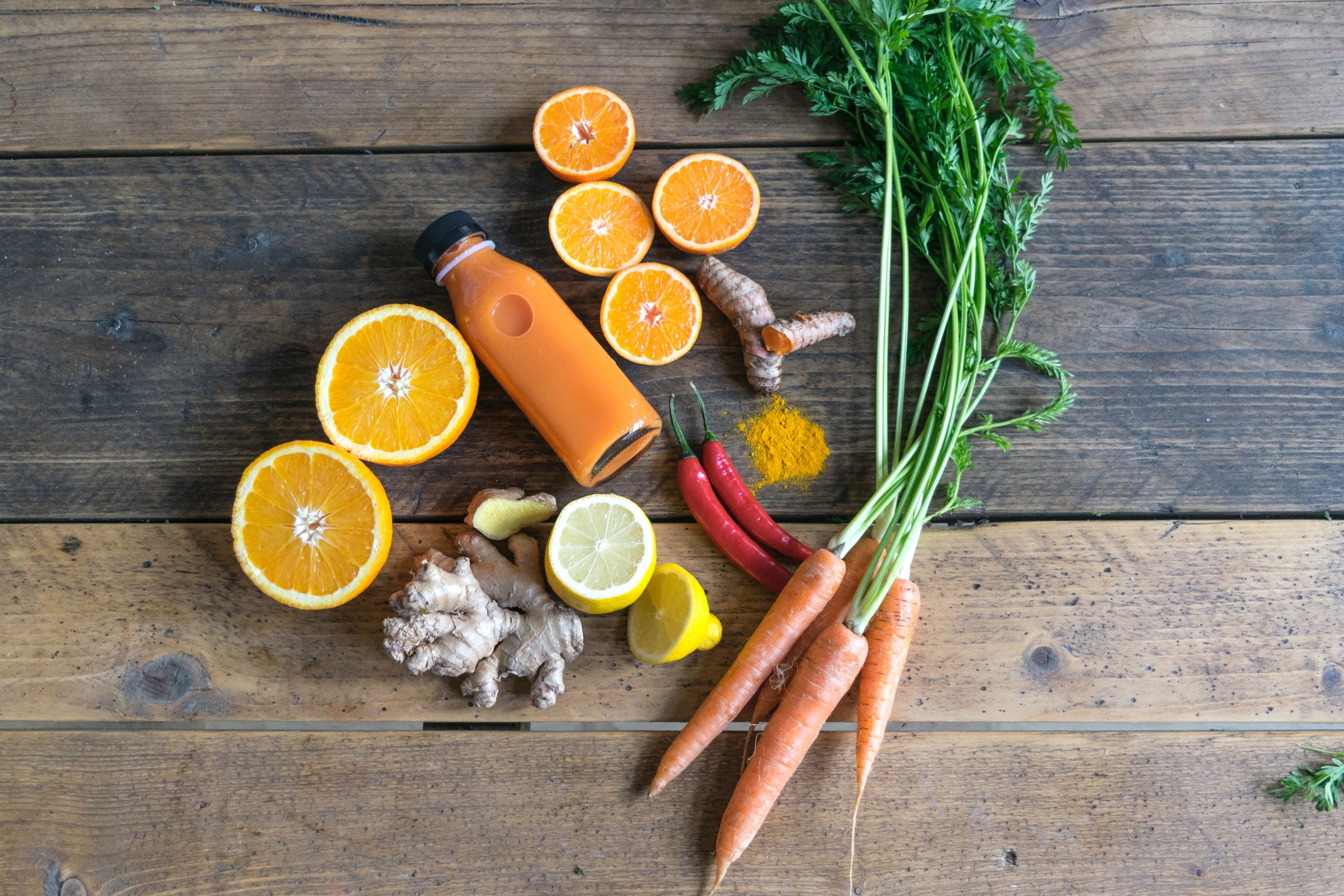Make your New Years diet one that’ll last…
We all know that lots of new (and old) fad diets pop up around new years, promising quick results. The problem is that they’re not sustainable and the second you return to a normal pattern of eating it’s easy to put on what you lost.
The current advice from the NHS is that 10% of your daily calories should be sugar.
It’s important to take a sustainable approach, one that may not have the quickest results but helps you maintain a healthy weight over time.
The approach we’re talking about is simply to reduce your sugar intake. It’s an incredibly harmful food and limiting your consumption can show fantastic results, see the 70-year-old grandmother who hasn’t consumed sugar for over 28-years for instance.
Sugar is one of the worst foods you can eat, it’s not just one of biggest culprits of obesity but has a range of other negative impacts on your health:
Heart disease risk
A major study has shown that sugar is more strongly linked to heart disease than fat consumption.
If more than 17% of your daily calories come from sugar you’re 38% more likely to get heart disease compared to those who limit it to 8%. That means 425 calories for men and 340 for women from sugar per day can increase your risk.
Ruins skin
Sugar also affects our skin, attacking the proteins responsible for the skin elasticity, smoothness and plumpness.
No nutritional value
It’s a high-calorie food with no essential nutrients, it contains no healthy minerals, proteins or vitamins at all, just pure energy.
Due to this lack of any helpful nutrients whatsoever, a diet high in sugar can easily lead to a nutrient deficiency.
It’s (very) addictive

Eating sugar causes a dopamine release which is one of the reasons it’s so addictive and garnered comparisons to drugs. This instant lift is the reason our brains crave it.
Obesity
One of the most-cited risks of excess sugar consumption is obesity. The effect of higher levels of insulin caused by sugar makes hunger levels spike, which in turn makes you crave more sugary foods and carbohydrates and makes you much more susceptible to eating things in access.
Energy dips
As mentioned earlier, sugar is pure energy with no nutritional value whatsoever. Consuming sugary snacks will give you an energy spike followed by a big dip in your energy levels afterwards. They’ll make you tired and sluggish as opposed to complex carbs providing a more gradually releasing fuel throughout the day.
Top Tips To Ditch Refined Sugar
So sugar has some pretty harmful impacts towards our wellbeing and it’s easy to not realise just how much sugar we eat, but it’s in a lot of foods you wouldn’t expect. For example, a serving of seemingly harmful store-bought bolognese sauce has 8g of sugar, which is roughly 36% of a woman’s recommended daily intake!
See below our tips to help you reduce your sugar consumption:
Avoid processed foods
Junk and convenience foods have an alarming amount of sugar in them. We’re talking about crisps, pasties, pies, ready meals, cereals and white bread. It’s easy to amass a large daily sugar intake without knowing it, cut out as much of the processed stuff as possible!
Small steps
We don’t recommend completely stopping it, at least initially as it can lead to some pretty nasty withdrawal symptoms. These include anxiety, mood swings and fatigue. Cutting down your sugar intake should be a gradual process.
Cut out fizzy drinks
One measly 330ml drink can include a whopping 38 grams of sugar. That’s more than the recommended daily intake for both men and women!
For more tips on clean eating with advice and a complete meal plan of healthy, unprocessed foods download our Rejuv-Cleanse Guide, it’s free!
Search for alternatives

Swap the sweets and cookies with fruit, a healthier sugar source with nutritional value. Swap the processed meals with alternatives that are high-fibre and contain complex carbohydrates. This’ll keep your energy levels more stable and help deter some of the urge to gorge on something sweet.
Read the labels
You’d be astonished at the foods with a high sugar content and this doesn’t exclude those claiming they’re natural and organic. When shopping simply flip over the package and have a quick check. Or use an app like Myfitnesspal if you’re planning meals in advance to see a full breakdown of nutrition.
Start off slow and start gradually reducing your intake day-by-day, soon enough you’ll retrain your brain to restrain from sugar!
For more advice and helpful resources, click the toggle below.





